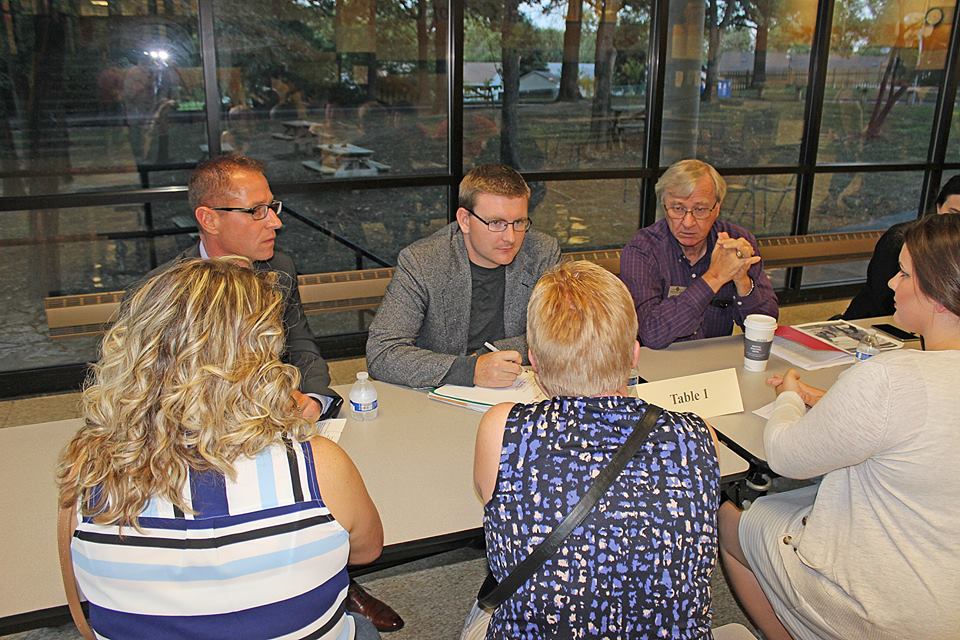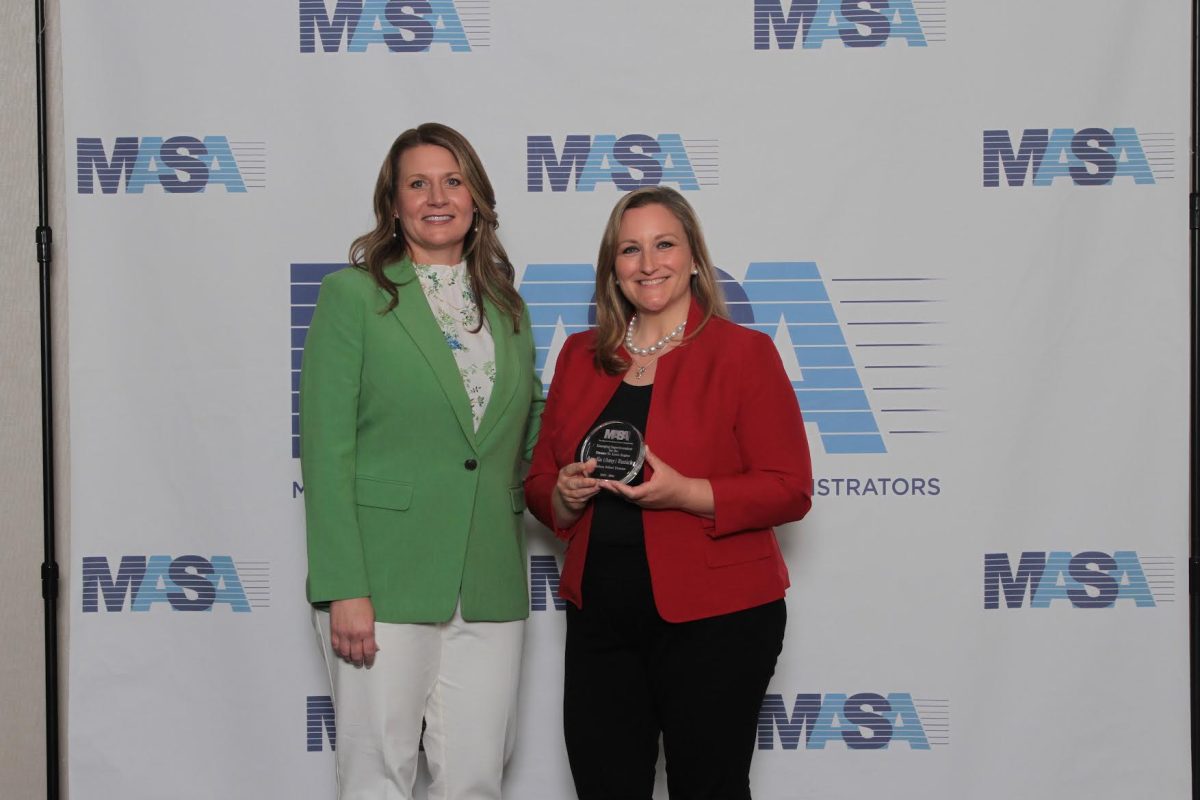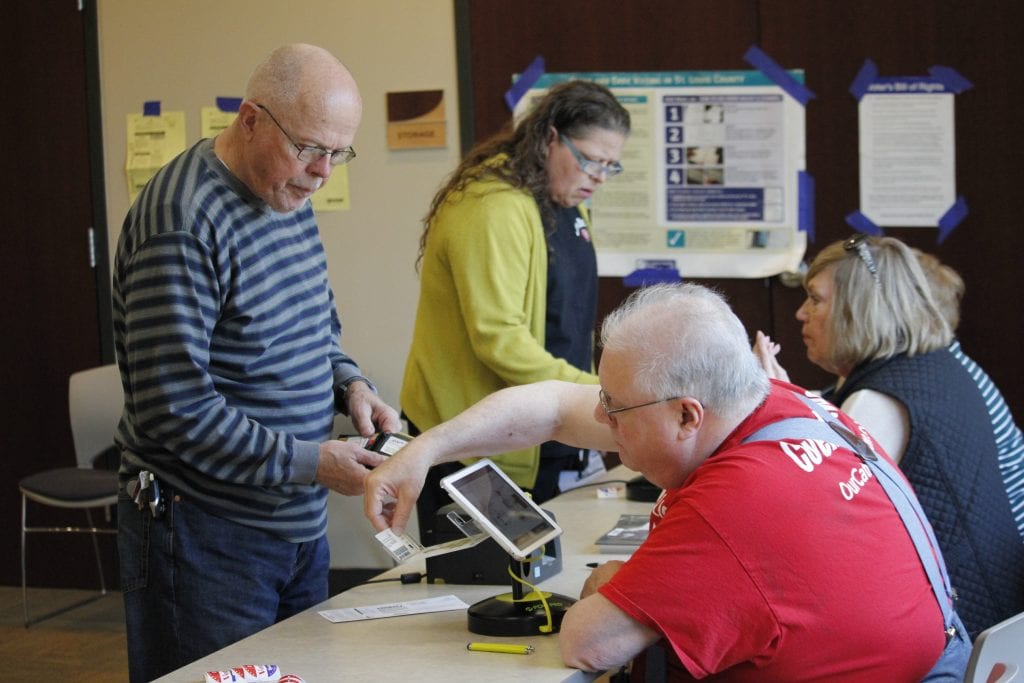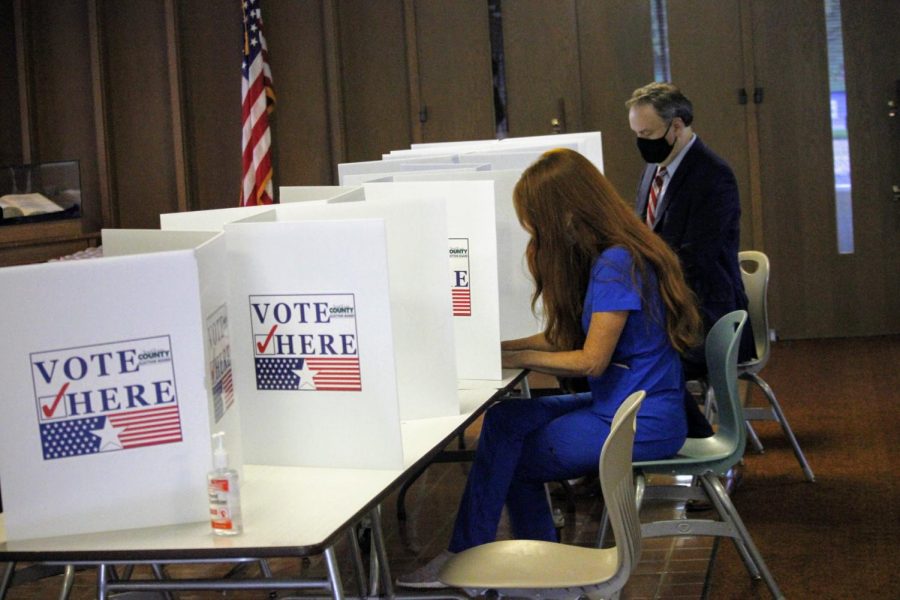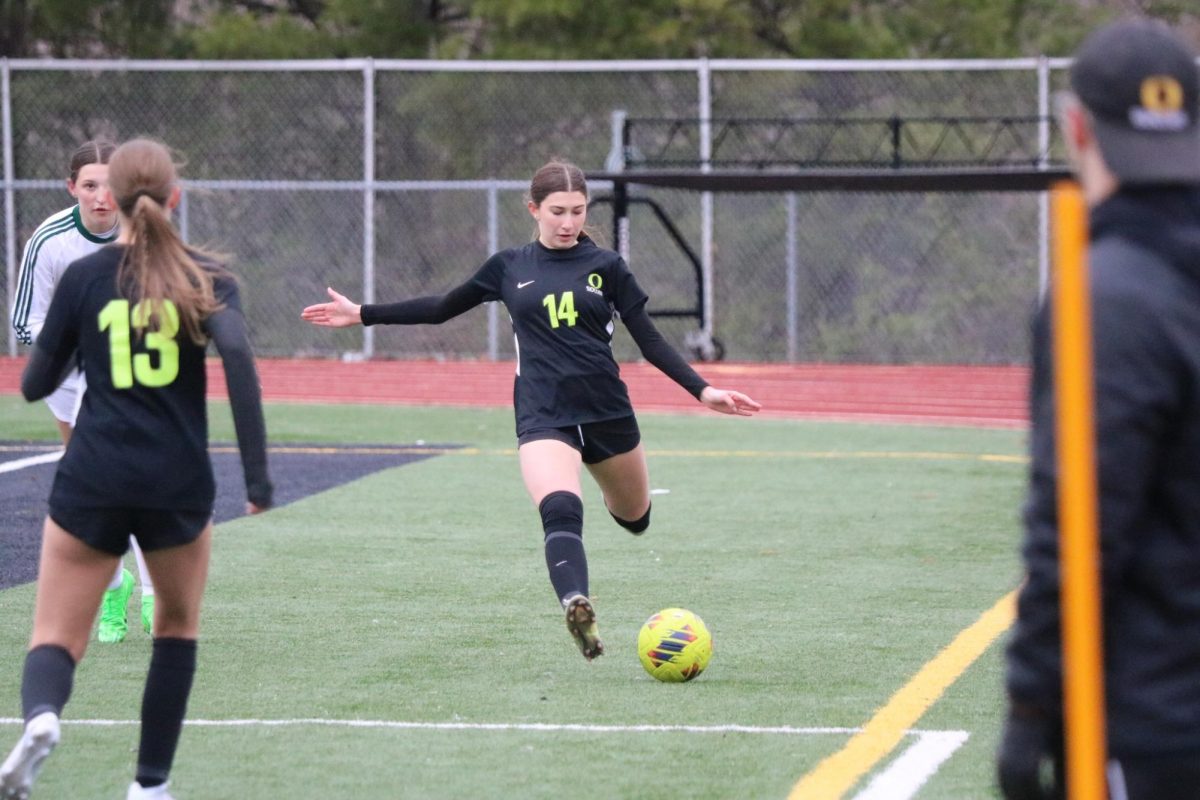By Gloria Lloyd
Staff Reporter
news3@callnewspapers.com
Mehlville School District officials are looking at ways to add second teachers to classrooms that are posting the lowest test scores in the district.
The latest bid to improve the district’s statewide math scores comes from Board of Education member Jamey Murphy. It’s a compromise between failed past efforts by the board to fund more tutors and Superintendent Chris Gaines’ preference that only certified, trained teachers interact with students, especially in math.
Murphy suggested the pilot program at the Dec. 14 board meeting, where Gaines presented a 201-slide analysis and history of Mehlville’s Missouri Assessment Program scores in comparison with the state and other districts.
It is undetermined what the initiative could cost. Gaines and other administrators in Central Office will analyze how many extra teachers could potentially make a difference and where and report back to the board in January.
The superintendent has asked members of the public and board to be patient while the many changes he’s made to curriculum and the classroom start to reap dividends.
The district bought new textbooks, began more intensive teacher training and added reading and English Language Learner, or ELL, coaches last year with money from Proposition R, the 49-cent tax-rate increase voters approved in November 2015 to restore funding to classrooms.
The math curriculum was revised for middle school last year and elementary this year, and the reading curriculum was revised for elementary last year. The curriculum emphasizes better “core instruction,” which Gaines, a former math teacher himself, sees as key to the most effective math teaching.
Two-thirds of schools have started continuous classroom improvement and all will kick off that initiative by next year, and middle-school and elementary teachers have undergone intense professional development in math and STEM — science, technology, engineering and mathematics. The board redistricted for the first time in a dozen years to lower class sizes at some of the district’s lowest-performing schools, and is funding several years of Math Innovator training with Discovery Education.
The state divides students into “subgroups” based on race and background.
Subgroups include students who are black, Hispanic, English language learners, on free or reduced lunches and in special education.
Gaines presented data showing that math scores increased the last two years among students not in subgroups, while subgroup achievement went down both years, dragging down the overall scores. To figure out why one group is increasing and the other is decreasing, the district has commissioned a Subgroup Achievement Task Force to analyze the issue.
Murphy said he is confident Gaines’ many initiatives will pay off in a few years, but he wants the extra teachers as a stopgap until time and training kick in to increase Mehlville’s scores. He suggested the teachers be hired as soon as the rest of this school year.
“I think we can afford it and I think it’s a short-term solution, meaning I think three years from now we won’t need this in the classroom, because I believe that the systematic change that the administration has laid out will work,” Murphy said. “And I believe we can’t afford to not give it everything we have. I don’t think we need to do it in every classroom, but I think we can pick a few, do it for the rest of the year, see if there’s substantial change, see if it’s a meaningful move and then maybe for the next two years while we continue to implement changes, move forward with some of the other struggling classrooms.”
Another suggestion from Murphy was to increase technology in the classroom. The board voted to authorize Central Office to spend roughly $38,000 to expand a successful pilot of a software program that helps students increase their math knowledge, Front Row, at a cost of $10 a student. Students at Oakville Elementary and Forder Elementary have used the software for the last year successfully, and rolling it out to the rest of the district is an easy way to help students across the district with math, Assistant Superintendent of Curriculum Tina Plummer said.
The district has money for the initiatives since it has the highest reserves in district history at roughly $26 million, Murphy said. That’s why it is not a waste of money for the board to do “anything it takes” to improve instruction in classrooms that are struggling, Murphy added.
“I believe our reserves are out of whack,” he said. “And that’s great for emergencies, which we keep hearing, but I believe that the math scores have risen to the level of an emergency and we can’t afford to not use it. And every dollar that we leave in the bank is a resource we could have used in the classroom, and I think this meets the needs to move forward and try to think a little outside the box.”
The board is “turning the tables” to spend money on academic achievement, unlike past boards, board Secretary Lisa Dorsey said.
“I think it’s a refreshing time in our board/district relationships, to be able to say, ‘Hey, guess what? Spend more money on student success,’” Dorsey said.
Murphy developed the idea with Dorsey, a St. Louis University professor who noticed the difference in her son’s classroom when the class had a student teacher for the first semester last year versus no additional help in the classroom second semester.
The plan has roots in the ongoing suggestion from former board President Venki Palamand that the district should hire tutors as a stopgap measure until the benefits of Gaines’ new initiatives gain steam.
Lindbergh Schools and other districts with higher test scores pay retired teachers and other community members to tutor students in classrooms.
“What can we do to help support elementary schools?” Palamand asked when he first suggested adding more bodies in classrooms in January 2016, noting that most of the 121 children on a reading waitlist before Prop R were probably still waiting for help. “What can we do now to help those students before Prop R money kicks in?”
Palamand suggested hiring more tutors several times. But Gaines, Plummer and other administrators always shot down the idea because they believed it to be counterproductive: Tutors might teach students a different way than trained teachers.
Some schools are asking their PTOs to fund tutors anyway, despite Gaines’ preference that the district not pay for tutors.
As one example, the Hagemann Elementary PTO funds a full-time tutor to work in its classrooms. But that creates an inequality among schools since other schools like Bierbaum Elementary and Forder Elementary may not have as many resources from parents to add extras to the classroom.

















